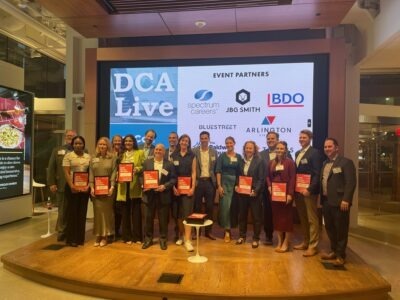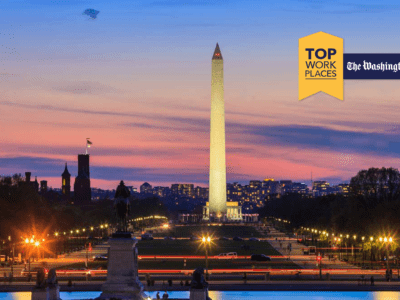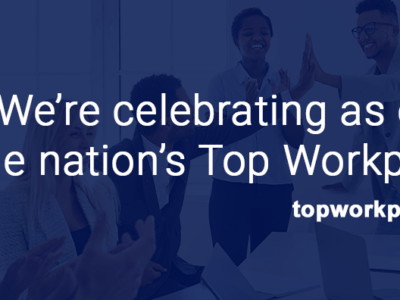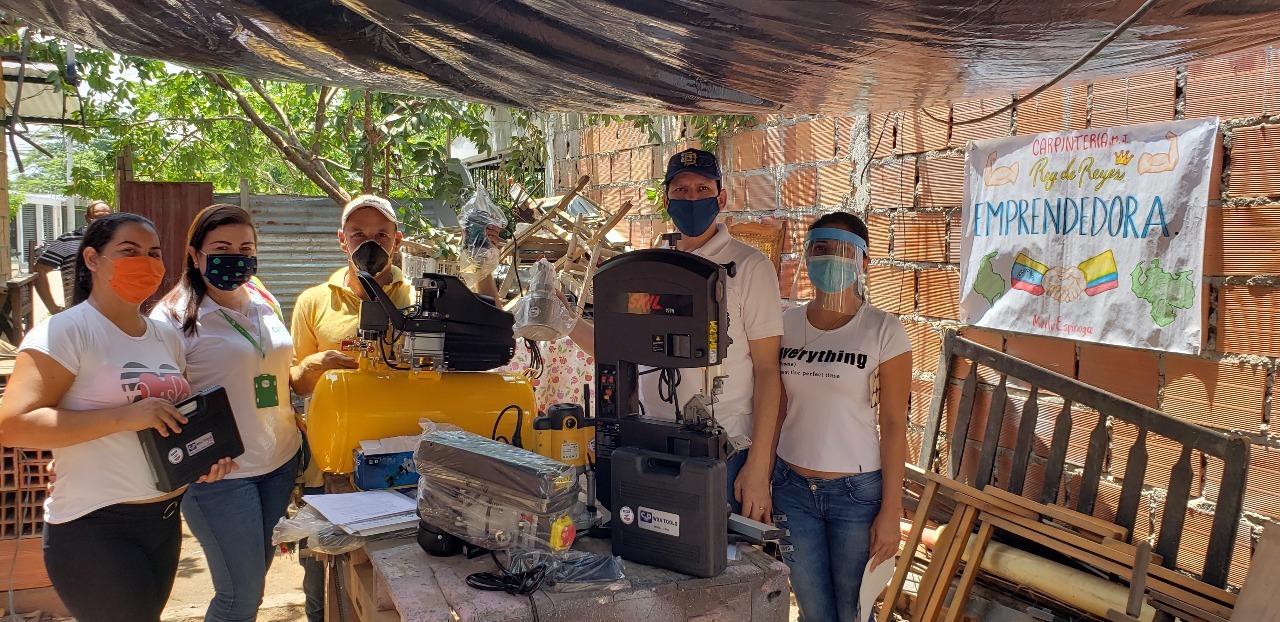
Below are updates from our programs in Colombia as they adapt to the unfolding COVID-19 situation.
Podcasts Keep Border Town Residents Informed
USAID and ACDI/VOCA’s Emergency Response in Arauca II Program launched a podcast series to reach participants from a safe distance. Those living in the settlement near the Venezuelan border can easily access the podcast via WhatsApp and listen to discussions about water, sanitation, and hygiene (WASH), protection, and food security. Each episode, which is about 10 minutes long, covers topics like home water treatments and how to avoid diseases transmitted in contaminated water as well as gender-based violence.
In one episode, listeners received advice on raising broiler chickens (bred for meat production), which they received from the program to improve levels of household food security. The episode included tips on how to create the right sheds and environmental conditions as well as provide animal feed, hydration, and medicines.
Seamstresses Produce Personal Protective Equipment in Quibdó
The city of Quibdó has been hit hard by COVID-19, with at least 335 people infected and 14 deaths reported. Seamstresses working with the Program of Alliances for Reconciliation (PAR), funded by USAID and implemented by ACDI/VOCA, have teamed up with 20 women from the vulnerable neighborhood of El Reposo to produce personal protective equipment (PPE).
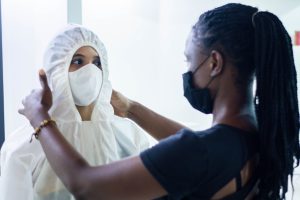
So far, they have produced more than 22,000 face masks, 330 overalls, and 200 sets of scrubs, which they sold or donated. Through this initiative, implemented by GEInnova and Asociación Arte y Joya, the women have earned an average daily income of COP 30,000 (USD 8), enabling them to buy food and basic items for their families. In May, the Quibdó mayor’s office issued a contract worth COP 57,000,000 (USD 15,000) to purchase PPE, including 28,500 reusable masks, from the initial 20 women, plus six additional women.
New Equipment Motivates Entrepreneurs to Press On
In May, 94 entrepreneurs in Arauca received equipment to improve their new businesses. This included machinery, technology, and other materials provided by PAR and its partners, the Arauca Chamber of Commerce and Corporación Minuto de Dios.
Despite facing supply and demand disruptions stemming from COVID-19, these entrepreneurs are using the equipment to formalize their operations and grow their small businesses. Many of them are migrants, youth, women, or displaced Colombians returning home to set up businesses like restaurants, and agribusinesses.
Online Resources for Coping with COVID-19
“SomosPARte de la Solución” (“We are PARt of the Solution”) is one of PAR’s latest campaigns in response to the COVID-19 crisis. A recently launched website features more than 260 articles and videos offering solutions to meet the new medical, social, and financial needs created by the crisis. This includes initiatives led by Venezuelan migrants and PAR participants, as a way of promoting reconciliation.
The campaign, which is part of PAR’s larger commitment to improving trust in a post-conflict Colombia, encourages citizens to work together and reflect on how they can be part of the solution to help others. PAR is working with 15 social media influencers to spread the word.
Visit somospartedelasolucion.com.co to explore (in Spanish).
Building the Social-Emotional Skills of Teachers and Students During a Crisis
Since COVID-19 began, PAR has been working to adapt its methodology for providing psychosocial support, DecidoSer, to the digital learning space. When the educational consulting company CoSchool learned about DecidoSer, it invited PAR to join its work with the Colombian Ministry of Education in developing content for teachers on the Colombia Aprende online learning platform. DecidoSer will soon become a part of national efforts to minimize the disruption to students’ education and to reach secondary and rural schools.
In May, CoSchool also invited ACDI/VOCA to join the Alianza para la Formación Socioemocional (Alliance for Social-Emotional Learning), which includes more than 40 public and private organizations that are committed to promoting social-emotional learning in Colombia. Other members include UNICEF and Plan International.
Cali Youth Serve Meals to Neighbors
In Cali, 150 at-risk youth form part of the Consejos de Paz Urbanos (Urban Peace Councils), supported by PAR and Fundación Solidaria Arquidiocesana. These councils bring together former gang members and other at-risk youth from some of Cali’s most vulnerable neighborhoods. Together, they are applying what they learned through DecidoSer workshops to act as role models and steer other youth away from illicit activities.
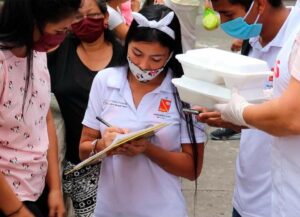
When COVID-19 hit, Cali’s mayor’s office began distributing meals to vulnerable neighborhoods but struggled to meet the demand. As volunteers, the youth are helping the mayor’s office identify families in need and set up community kitchens. They now serve meals at 86 locations throughout six neighborhoods, feeding about 200 people a day. They also use the opportunity to promote health and safety precautions to help prevent the spread of the virus. The initiative is generating more trust and creating positive narratives about at-risk youth, who are often stigmatized by other members of their communities.

